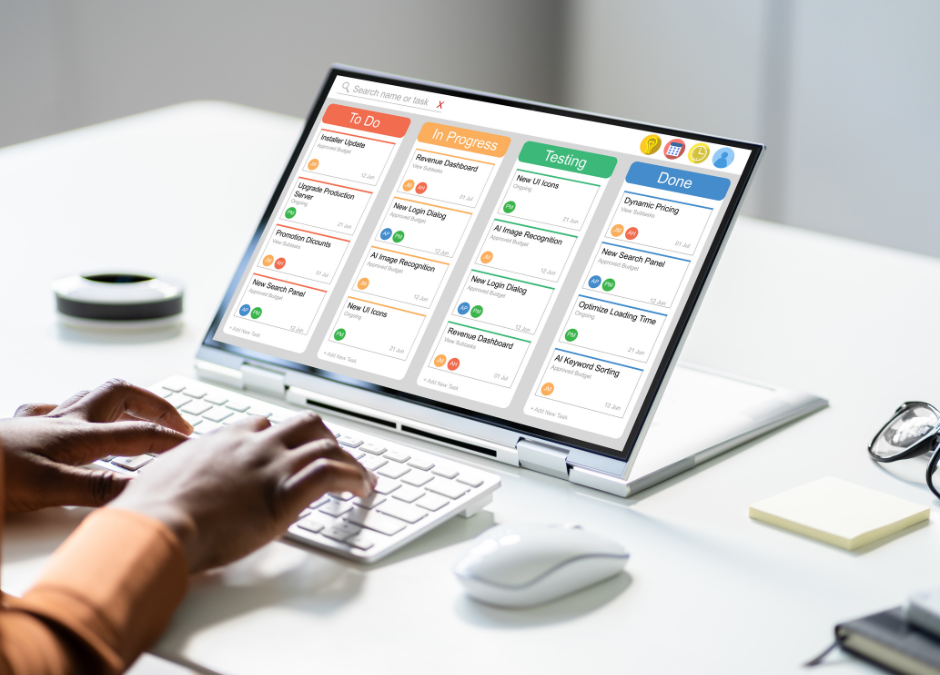As instructional designers, we often find ourselves at the center of complex projects aimed at creating impactful and effective learning experiences. Effective project management is crucial to ensure these development projects run smoothly, meeting deadlines and budgets while delivering high-quality learning solutions.
Here are 5 key tips for best practices in project management for development projects:
1. Detailed Planning
Start by creating a comprehensive project plan that outlines all the necessary steps, milestones, and resources required for the development project. Include a clear timeline, budget, and a detailed breakdown of tasks and responsibilities. This plan should be a guiding document that keeps the entire team aligned and accountable throughout the project lifecycle.
2. Collaborative Communication
Effective communication is essential in project management, especially in development projects where multiple stakeholders and subject matter experts are involved. Set up regular check-ins, utilize collaborative project management tools, and ensure that everyone involved is clear on their roles and responsibilities. Open and transparent communication can prevent misunderstandings and keep the project on track.
3. Agile Methodology
Consider adopting agile project management practices, particularly for development projects that may require frequent iterations and feedback. Agile allows for flexibility and adaptability, enabling the team to respond to changes and feedback quickly. This iterative approach can be especially beneficial in the dynamic field of instructional design, where refinements and changes may be necessary throughout the project.
4. Risk Management
Identify potential risks and challenges early on in the project and develop a contingency plan for addressing them. By proactively assessing and managing risks, instructional designers can avoid unnecessary setbacks and delays, ensuring the project stays on track.
5. Quality Assurance
Incorporate a robust quality assurance process into the project plan to ensure that the final learning deliverables meet the required standards. This may involve peer reviews, user testing, and adherence to best practices in instructional design and learning theory. Prioritizing quality assurance from the onset can prevent costly reworks and revisions later in the project.
By employing detailed planning, collaborative communication, agile methodologies, risk management, and quality assurance, instructional designers can navigate the complexities of development projects with confidence and deliver exceptional learning solutions.

